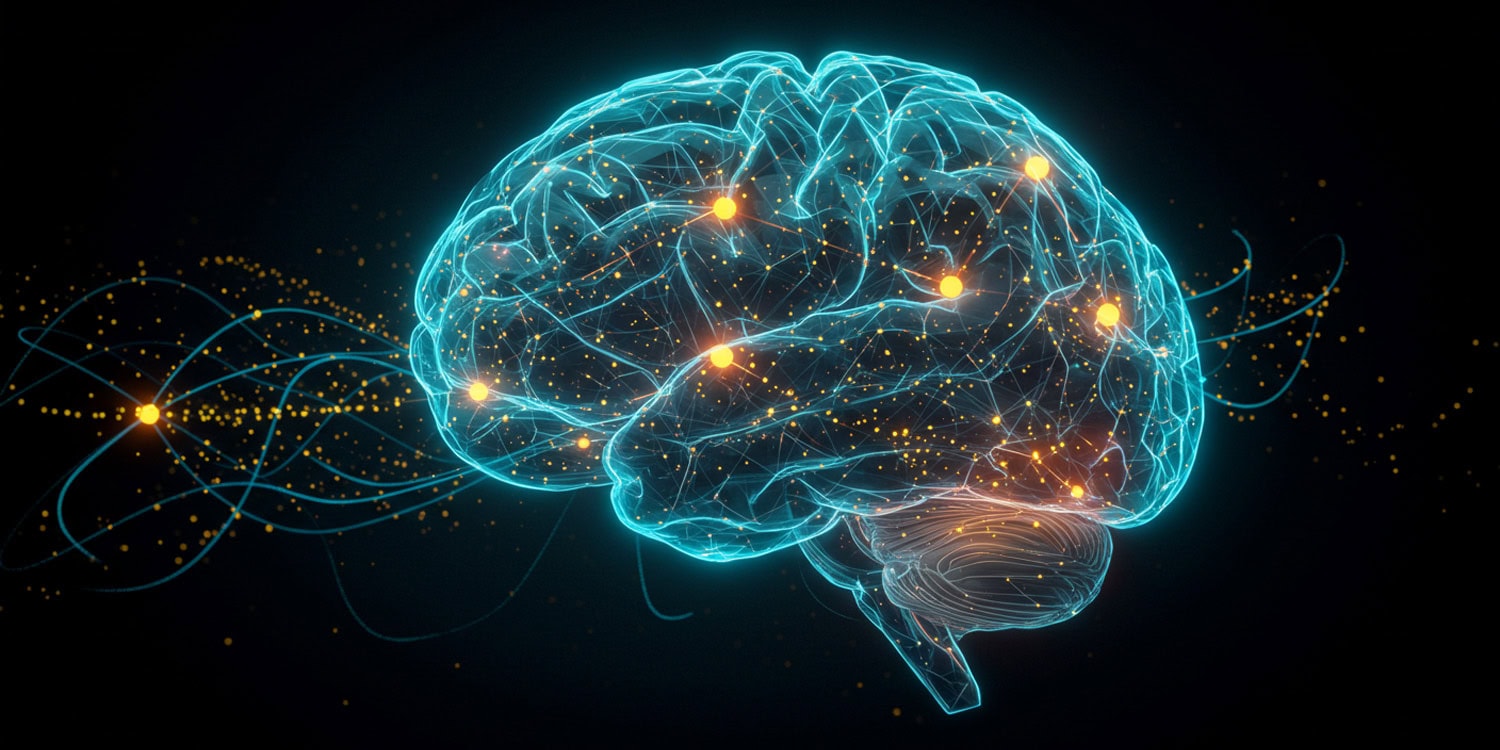The Brain on Risks: ADHD and Decision-Making
The Neurological Underpinnings of ADHD in High-Stakes Decisions
As scientific understanding of attention-deficit/hyperactivity disorder (ADHD) evolves, recent research from PsyPost highlights critical differences in brain activity associated with risk anticipation and decision-making. According to the study, adults with ADHD display less activity in brain regions responsible for emotional regulation and self-awareness when faced with high-stakes choices. This finding provides crucial insights into the neurological foundation of behavioral patterns observed in ADHD patients.
Impact on Daily Life and Potential Implications
The implications of this research are profound, as it sheds light on the everyday challenges faced by individuals with ADHD. Reduced activation in specific brain areas not only influences decision-making but also affects behaviors pivotal to personal and professional relationships. The study's insights might contribute to the development of targeted therapies and interventions designed to enhance cognitive and emotional regulation in individuals with ADHD.
"All our dreams can come true, if we have the courage to pursue them." - Walt Disney
While ADHD is often perceived as a barrier, embracing the condition's unique aspects can lead to exceptional creativity and problem-solving skills. Encouraging personal growth and acceptance is key to leveraging potential.
Recommended Resources for Further Exploration
- Driven to Distraction, Revised Edition - A comprehensive guide on understanding ADHD.
- Nature's ADHD Study - A deeper dive into current ADHD neuroscience research.
- ADHD & Creativity - A TED Talk exploring the connection between ADHD and novel problem-solving.

This image, illustrating brain activity associated with decision-making processes, underscores the neurological differences in individuals with ADHD. Such visualizations are pivotal in understanding how these unique differences can be addressed.
The Role of Emotional Integration in Decision-Making
Emotional integration plays a substantial role in rational decision-making. The reduced activation in brain areas associated with this function among ADHD adults suggests a neurological basis for impulsivity. Encouraging mindfulness and emotional awareness could be pivotal components in therapeutic strategies.
In a world increasingly reliant on sound decision-making skills, understanding the nuances of ADHD is crucial. This newly uncovered knowledge challenges stereotypes associated with the disorder and provides a foundation for more personalized and effective interventions. By acknowledging and embracing these insights, we pave the way for enhanced support and understanding of ADHD in varied contexts, from educational frameworks to workplace accommodations.
